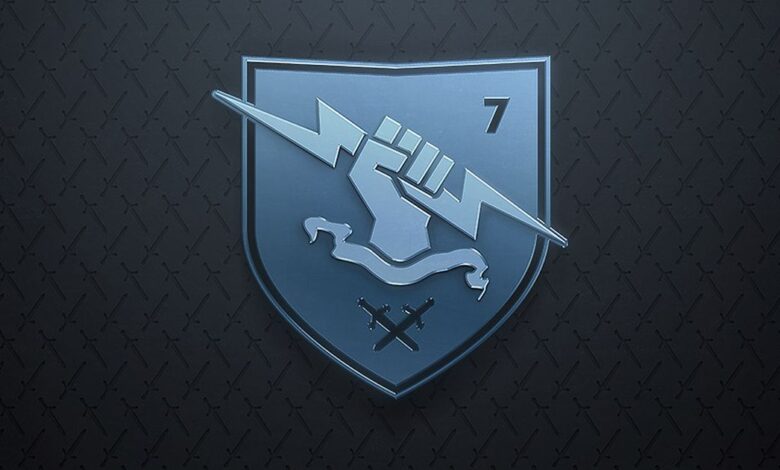Sony bought Destiny maker Bungie for $3.6 billion. Here’s what it got

[ad_1]
Bungie found itself a new owner.
Bungie
Bungie, the developer behind the Halo and Destiny franchises, on Monday agreed to be sold to Sony in a deal worth a reported $3.6 billion. While this purchase is far smaller than the $12.7 billion Grand Theft Auto maker Take-Two Interactive is paying for FarmVille developer Zynga, or the $68.7 billion Microsoft is spending to buy World of Warcraft creator Activision Blizzard, the PlayStation maker is getting its hands on one of the most celebrated game makers of all time. But some analysts wonder if it’s actually worthwhile or more part of a FOMO-inspired feeding frenzy.
Sony’s acquisition of Bungie raises some questions about what it’s really getting in the developer. After all, $3.6 billion is a big price tag for a studio whose main asset is one game.
The move underscores the broader move by larger video game players to scoop up small developers as a wave of consolidation hits the industry. This move could be more about making sure PlayStation gamers have access to a popular shooting title if Microsoft decides to yank Activision’s Call of Duty from its game console in the future. It’s also another signal that marquee franchises such as Destiny are worth their weight in gold — even if it pales next to the Activision deal.
“The amount paid for Bungie at $3.6 billion is a fraction of the amount Microsoft is planning to invest in Activision Blizzard,” said Piers Harding-Rolls, research director for Ampere Analysis. “While this is one of Sony’s biggest-ever acquisitions, the amount paid by Microsoft puts into context the heavy competition faced in this sector and the strong valuations we are seeing across the games industry.”
What did Sony really pay for?
Bungie is one of the premier game developers in the industry. The studio started in 1990 developing games for the Apple Mac computer, including the sci-fi shooting series Marathon. Bungie hit it big in 2001 after being acquired by Microsoft and releasing its next project, a little sci-fi shooter called Halo.
Halo turned out to be a massive blockbuster and the killer app for the original Xbox. Its hero, Master Chief, has served as the face of Microsoft’s consoles for more than two decades.
But Bungie didn’t want to be tied down by Microsoft’s golden franchise. In 2007, it struck out on its own again, and three years later signed a 10-year publishing agreement with Activision Blizzard, which led to the release of its next big space drama, Destiny, in 2014.
Destiny 2, the sequel released in 2017, is Bungie’s biggest asset right now making the company an estimated $200 million in revenue. The Destiny franchise is one of the most popular series in gaming today, since 2014 pulling in more than 167 million players who have played more than 8.6 billion hours, Bungie said in 2020. A non-Destiny game is in the works at Bungie with a planned release for sometime in 2025.
Sony said that it plans to keep Bungie operating as an independent subsidiary and that it doesn’t plan to lock Bungie’s games to the PlayStation. That’s left some people scratching their heads, including Wedbush analyst Michael Pachter. With Bungie having more than 900 employees and a few games under its belt, he says, the price tag for Bungie is a bit steep.
“Hard to say that’s worth $3.6 billion, as it comes out to $4 million per developer,” he said, noting that other high-profile acquisitions over the past couple of years have typically included dozens of hit games, such as Microsoft’s purchases of both Activision Blizzard and Bethesda, as well as Take-Two’s purchase of Zynga. “I think this purchase is more panic-driven than financially driven.”
PlayStation CEO Jim Ryan told GamesIndustry.biz Monday that the deal had been in the works for nearly half a year, and says there are plans for more acquisitions in the future.
So it’s clear the industry buying spree isn’t over.
[ad_2]
Source link






